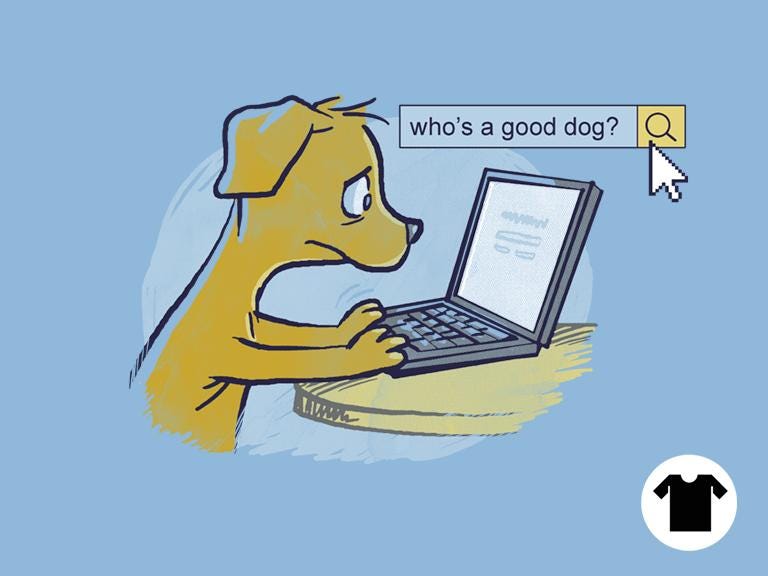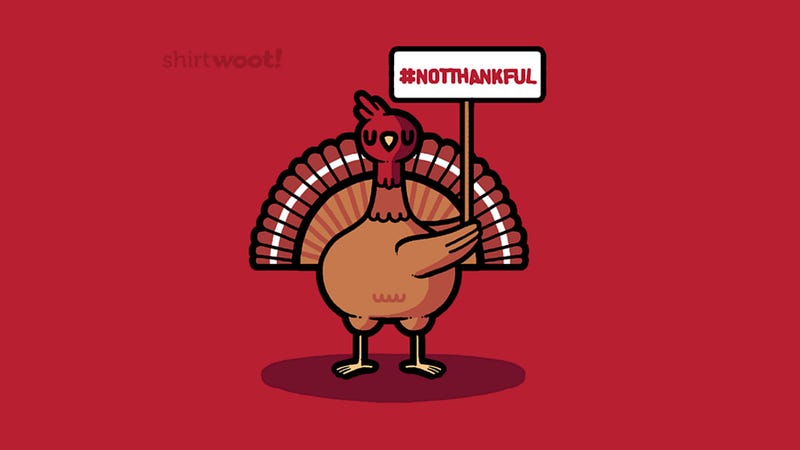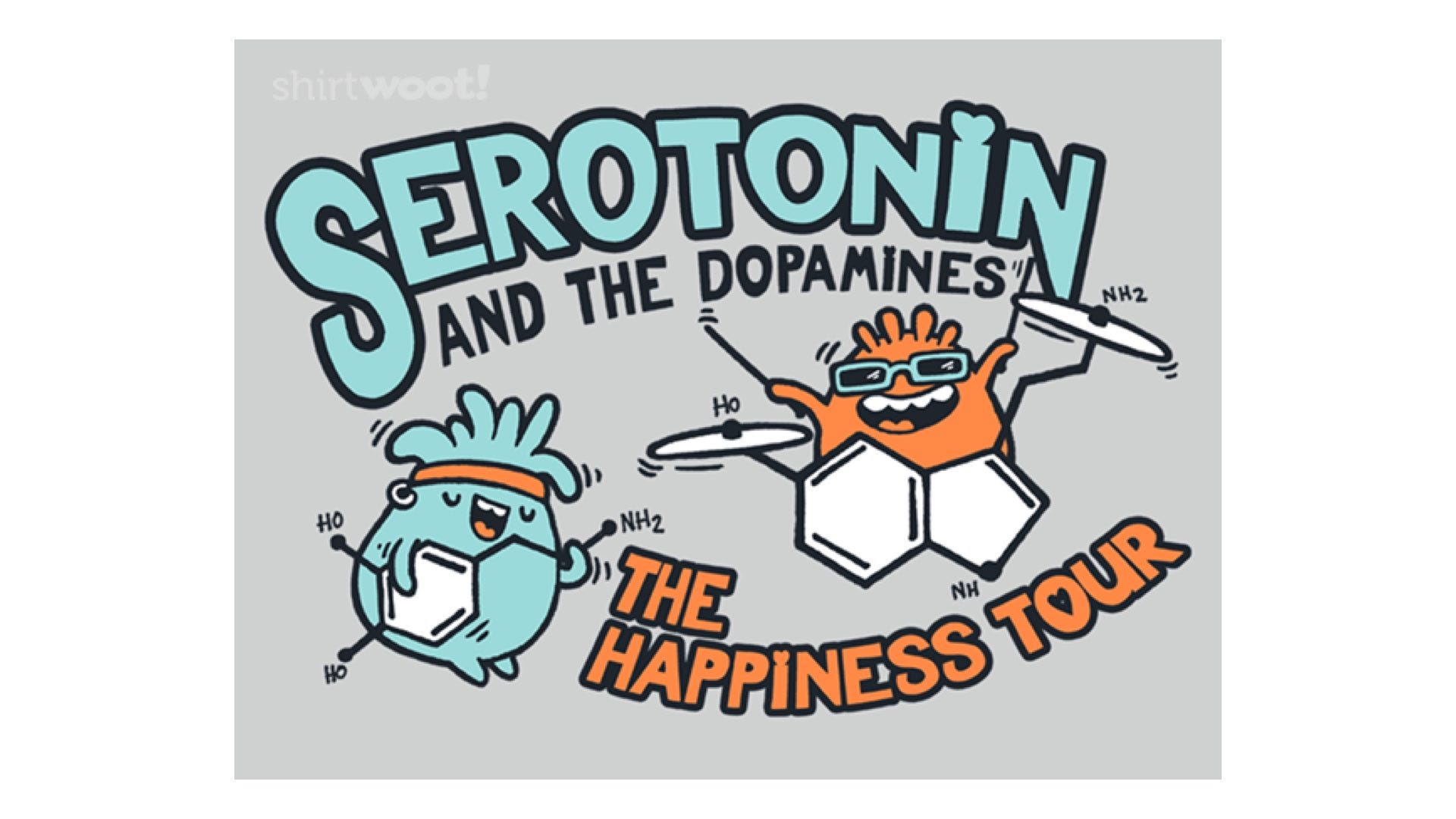Like all athletes and all entrepreneurs, I spent a large portion of my life on drugs.
Imagine you spent years pumped up on a cocktail of feel-good drugs. You got a hit of at least one of these drugs every day. Then, one day suddenly it all stops, cold turkey and you cannot find that fix anymore.
This is what happens with professional athletes and entrepreneurs. It explains why even when an entrepreneur has made her money, she bets it all and rolls the dice again.
We are all Pavlovian

You may have heard of Pavlov’s dogs. During his research on the physiology of digestion in dogs, Ivan Pavlov noticed that his dogs began to salivate in the presence of the technician who normally fed them, rather than simply salivating in the presence of the food he was serving.
Pavlov expanded his observations and played a sound and then gave the dogs food. After several repetitions, the dogs started to salivate in response to the sound (the stimulus).
Pavlov concluded that if a particular stimulus (the technician or the sound) was present when the dog was given food then that stimulus could become associated with food and cause salivation on its own.
Humans, like Pavlov’s dogs, are constantly reacting to stimuli we have been subjected to. Unfortunately, this begins long before we had the wisdom to choose for ourselves and this is how triggers for certain modes of thinking start. The undervalued gift of curiosity is stamped out at a young age, Preschool kids ask their parents an average of 100 questions a day. Shamefully, by middle school, they have all but stopped asking questions. In our world of abundant data and information, asking the question is the valuable skill, not having the answer. However, because children are rewarded for having the answer and not for asking a great question they/we learn (through stimulus) that this is the correct behaviour.
Driven by Drugs
“All human behaviour revolves around the urge gain pleasure or avoid pain. You pull away from a lighted match in order to avoid the pain of burning your hand. You sit and watch a beautiful sunset because you get pleasure from the glorious celestial show as day glides into night.” — Tony Robbins
We are constantly driven by the avoidance of pain or the allure of gain. The little voice in our head and the fight or flight response is hugely responsible for pain avoidance or the illusion of pain avoidance. That voice is there for a reason, namely to ensure that we don’t get hurt, it is still coming from a palaeolithic place where we could be eaten by a predator, so anything outside of the ordinary “triggers” a flight response to protect us.
When we reframe this voice as a good thing, we put it in its box. For the purpose of this thesis, let us park the little voice and focus on the chemicals/drugs that drive behaviour, the internal stimuli if you will.
EDSO
There are four chemicals, which your influence behaviour and deliver our feelings or happiness or otherwise. Understanding them is great, mastering them is liberating.
E = Endorphins
Endorphins make the pain go away. Revisiting our default state (when we were cavemen), we were fashioned for endurance. We all have the capability to endure and not to give up simply because we are tired. This is why it feels so great to break through the pain barrier when you are training for example. This is why some people get addicted to going to the gym or going for a run (getting their endorphin fix) and this explains why your partner is a bit cranky at the weekend, they are having withdrawal symptoms.
D = Dopamine
Dopamine is often considered the most addictive EDSO chemical. Here is a good way to think of it. Many of us conduct our day by using a to-do list, being honest with ourselves we often put things on the list that are nearly done or sometimes even when they are done we add them to the list and cross them out. Every time you do this you get a dopamine kick. Dopamine is released when you achieve something when you are satisfied with your achievement.
Dopamine, like any drug, has a dark side. Dopamine drives our inefficient behaviours such as allowing email run our day. This is because when we check our email we get a little dopamine kick. Important for parents is to know that this is why kids want our smartphones, this is why they become cranky after they spend too much time on the Xbox. They are getting a dopamine boost and this becomes addictive for them.
As previous guest on the innovation show Nir Eyal tells us, so many software and app development companies are massively aware of this. They are so aware of this that they design their products to manipulate our chemical responses.
Equally, this is why previous innovation show guest Maura Nevell Thomas tells us to own our focus by turning off notifications, stop checking our phones and unsubscribe from newsletters. Why? Because we are training ourselves to become increasingly distracted and we are feeding the habit.
S = for Serotonin
Serotonin, like dopamine, is a neurotransmitter. Serotonin improves our moods and protects against mental health disorders. We can boost serotonin through exercise.
Serotonin is released when we feel respected, admired, valued and we are given preferential treatment. This is why it is so important for leaders to thank their people when it is earned, this is why peer recognition feels so good. This is why we crave more of the same and keep raising the bar. This is why considerate and authentic leaders can truly lead their people, by making them feel “valued” people become more loyal to their company (or team).
O = Oxytocin
Oxytocin is often associated with the feeling of love or being loved. It is released when you cuddle with your partner when you spend time with friends when you are part of a close-knit community of people like us. Oxytocin means safety. Be around people we like.
We get an oxytocin spike from touch. This is why a hug bonds us, this is why a handshake and in-person business meetings are so much more effective. This is why we need to “press the flesh”.
The Retired Athlete, Cold Turkey and the Workplace

Now we have an understanding of how we are stimulated by chemicals, how our behaviour is influenced we can look at the life of a professional athlete.
Here is a flash of a day of an athlete:
Hit the gym (Endorphins)
achieve a personal best (Dopamine)
fitness coach pats you on the back, “great job” (Serotonin)
hit the showers/eat/train with your teammates (Oxytocin)
Or
Play a match, push yourself to your limits (Endorphins)
Score/Tackle/Win (Dopamine)
Most valuable player/Coach, peers, crowd applaud you/newspaper article/VIP in nightclub (Serotonin)
Celebrate scores/celebrate victory/commiserate loss with your teammates (Oxytocin)
Purpose
This thought would be incomplete without mentioning purpose. As a sports player, you entered professionalism with a purpose. You were preparing with purpose for years before you ever became a pro. You become a pro, your purpose is to play to the best of your ability/play for your country. Every day had a North Star.
Then you retire.
The Workplace through the eyes of an Athlete
You join as a (quasi) senior intern or you are positioned in business development (mainly because you have contacts and access).
Bear in mind, you have spent your whole adult life striving to be the best you can be, you lose a game and your coach steps up to help you improve, you have a bad day your coach and teammates want to help, Why? so the team wins.
You expect the workplace to be a team environment. You are oblivious to workplace politics. You find it incredulous that discretionary effort hovers around the 30% mark. You cannot understand why everyone does not want to be the best they can be.
You become disillusioned, you realise that this is the way it is.
No EDSO
Your work is not challenging. (No Endorphins nor Dopamine)
You question your own purpose. (No Dopamine)
There is little or no leadership, you don’t know how you are doing. (No Serotonin)
Your company does not have a purpose, nor is it a team environment. (No Oxytocin)
Solutions?
You leave the corporate environment and join as startup or smaller entrepreneurial outfit. You realise that an entrepreneur is an athlete in a different guise. An entrepreneur is driven by some of the same chemicals that drive an athlete. It makes sense that entrepreneurs struggle to retire, even after they have made their money. The penny drops, they are looking for their next chemical fix, just like you.
Everything/Everyone needs a Purpose
We read often that younger workers are searching for companies with a purpose. The harsh reality is that the majority do not. They know how to do things, but they rarely know why they do what they do. The public rarely knows why they do what they do.
In the absence of this, we cannot simply keep searching for companies to have a purpose. We have to start with our own purpose. What makes us tick in the context of work? When work and life are so deeply intertwined it is a challenge to decouple them. In this context, we need to make each day purposeful, every day becomes an opportunity to grow professionally. In everything we do, we can improve, we can try something new, we can take a measured risk.
“For me life is continuously being hungry. The meaning of life is not simply to exist, to survive, but to move ahead, to go up, to achieve, to conquer.” — Arnold Schwarzenegger
If you like this post please hit the thumbs up to boost my dopamine and serotonin!
Episode 77 of the innovation show “Becoming The Mindful Entrepreneur” explores the need for both business and personal purpose.
The Mindful Entrepreneur is a book that synthesises a wealth of business knowledge while telling the true story of what it is really like to be an entrepreneur.
It tells the true story of existing entrepreneur and guest on this week’s show Howard Finger. Howard is CEO and founder of Vinciworks. Mapping the story from near bankruptcy to success we are exposed to Howard’s transformative journey. This includes the turning point of his meeting with co-author and guest on the show Joel Gerschman. Joel is a leading coach and educator in the field of business growth, management and leadership. We also learn of Howard’s personal transformation with his meeting and mentorship by Aryeh Goldman. Aryeh has dedicated his life to helping his students and clients actualise their potential.
If you want to hear some practical, real-life, hard-hitting advice this is the show for you. If you are an entrepreneur at your wit’s end, this is the show for you. If you want to transform your business and your life, (including your personal life) this is the show for you.
As always, the show is broadcast on RTÉ Radio 1 extra 3 times weekly and is on iTunes, TuneIn Stitcher Player FM and Google play. The website is here. Soundcloud is embedded below:
Episode 78 is about overcoming anxiety and is related to the above show.
Jill Whalen is author Victim of Thought: Seeing Through the Illusion of Anxiety
Jill shares her new understanding of life, which has caused decades of anxiety and addictions to simply melt away.
We discuss this new understanding in the context of business and life, by understanding that we are not victims of other people and experiences, but we have been simply victims of thought allows us to liberate ourselves and become happier and more peaceful.
